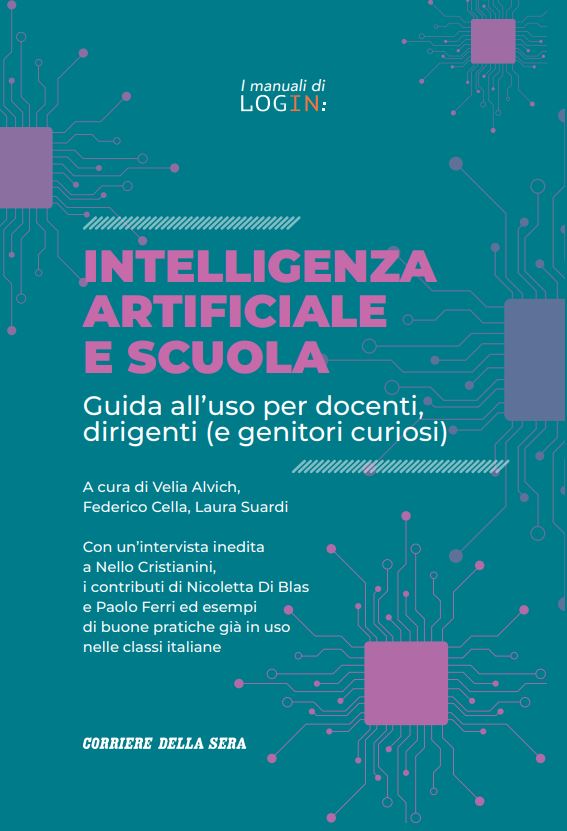Inflammatory intestinal diseases are continuously increasing among teenagers

Among the under 20 the diagnoses of Crohn and ulcerative colitis disease grew by 25% in 15 years; The heavy impact at school and with friends
It was a well -established figure, until some time ago: the peak of new diagnoses of the chronic intestinal inflammatory diseasesor cats, had in people between 20 and 30 years old. Now the panorama is changing, with The continuous and consistent increase in cases that appear in adolescence: Crohn And ulcerative colitis They affect more and more and always before, so much so that in the last 15 years the prevalence in the under 20 has increased by 25 percent.
US study and investigation
The data comes in conjunction with the World Mici Day, which is celebrated on May 19thfrom an American research published on Gastroenterology and conducted by analyzing the data of about 2.7 million children and adolescents from 4 to 20 years: From 2011 to today in this age group Crohn’s illness rate has increased by 22 percent, that of the ulcerative colitis by 29 percent. A fact that worries because in the very young the impact of these diseases, which cause Symptoms such as diarrhea and intestinal urgency, pain and continuous tirednessis very heavy. This is demonstrated by a recent national investigation of the Association Friends Italy on a sample of patients between 7 and 20 years old: One in two has socialization problems, 44 percent go to school even when they are not good to avoid judgments and criticisms, 40 percent are afraid to use the bathroom, one in four are mocked for their illness. Very few, however, have access to psychological support paths, just 17 percent have a personalized didactic plan.
Impact on quality of life
A diagnosis of cats in childhood or adolescence therefore drastically worsens the quality of life, not only for the impact of the disease on the physique, but also for what it involves on social and school life. As he comments Mara Pellizzari, president of Amici Italia« We work to encourage correct inclusion that guarantees the right to study, health and participation, which cannot be denied to those who live with a chronic disease. The data collected speaks to us of exclusion, of guys who feel invisibleand this is not acceptable in a school that wants to be really inclusive ». Adds Salvo Leone, president of‘European Federation of Crohn and ulcerative colis assocations: «Young patients often tell us that we feel different, that they cannot explain what they live and, in some cases, to suffer episodes of isolation or bullying. They ask for more information in schools, psychological support and greater attention to their needs, such as flexible times or personalized menus in canteen. They often tell how difficult it is to reconcile the disease with the desire for normality, especially when the symptoms are unpredictable, the energy seems to vanish and the body does not collaborate. But often it is also the mind that gets tired, because The impact is not only physical: there is a huge emotional load made of insecurities, questions about the future, fear of not being understood or accepted».
Diagnosis and support are needed
In reality, as Leone points out, « in childhood and adolescence the first great need is still that of an early diagnosis: still today many children and teenagers receive a diagnosis after months, sometimes years, of underestimated or confused symptoms. There is also the need for a more prepared school, with trained teachers, clear rules on absences and checks, school canteens attentive to special diets. But above all there is a very strong need for normal: Children and adolescents want to feel like others, not to be defined only by their illness. Because when you create a real listening space, when there are those who look at you without mercy but with respect, everything changes. Because of this It is essential to invest in psychological support and peer groupsbecause knowing that you don’t really do the difference », Leone concludes.









